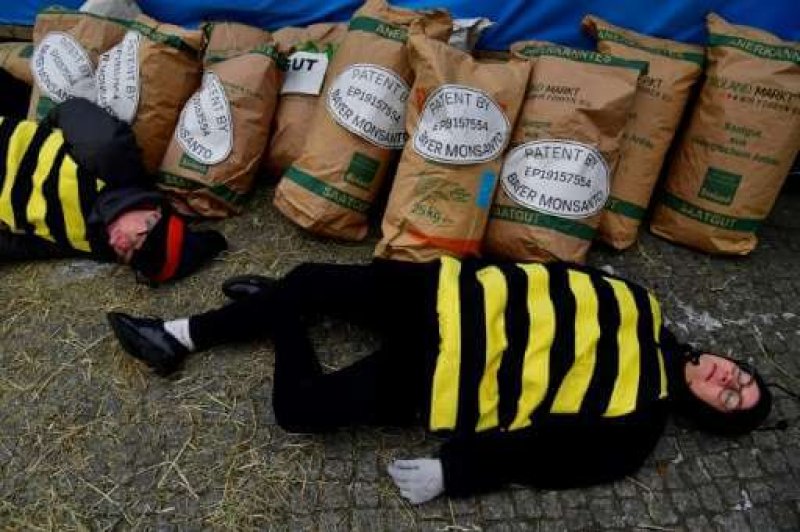Welp, this is the end of Monsanto.
Not the end of the seed company, mind you, but the end of its name. The scientists, marketers, and lawyers who work there will keep doing their jobs, they’ll just be employed by Bayer, the big German chemical and pharmaceuticals company that’s slowly swallowing Monsanto.
But we’re losing so much more than just a name. Without Monsanto, who will we blame for the death of bees, the unprofitability of small farms, and the insidious spread of mystery diseases which you probably don’t even realize you have? The natural answer is, of course, Bayer, but outrage is rarely transferable– it sticks to the brand.
…
It’s probably a good thing we won’t have Monsanto to kick around anymore. Much of the animus against Monsanto stems from a sense that corporations are changing food and farming in ways that we don’t understand. The thing is, those corporations have taken the lead in innovation because our government hasn’t been all that interested in funding public-sector research in agriculture.
…
Perhaps now, instead of searching for an easy villain, we might consider searching for the root causes of our problems and fixing them.
Read full, original post: R.I.P. Monsanto. Our hates will go on.































